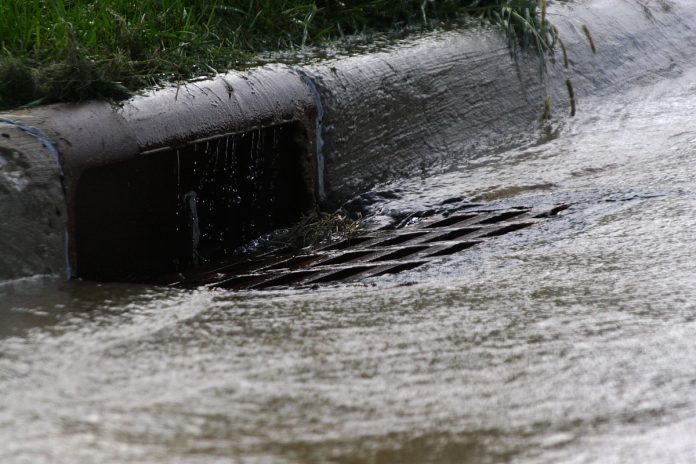The San Francisco Public Utilities Commission (SFPUC) has become the first organisation to issue a green bond certified under the Climate Bonds Water Criteria. The certified bond was issued for US$240 million with tenors ranging from 7–30 years and coupons of 4 and 5 percent.
“Having a large US municipal authority seeking certification against the Climate Bonds Standard is a positive signal to the US municipal market on the benefits of certifying against the Standard,” Justine Leigh-Bell, Head of Standards Programme at the Climate Bonds Initiative who developed the Criteria, told The Source. “Particularly a leading authority like SFPUC which acknowledges the risks of climate impacts and the need to incorporate adaptation and resiliency factors that must be addressed as part of sustainability in water policy, future water infrastructure design and practice for water usage.”
The San Francisco Public Utilities Commission is the third largest municipal utility in California. Proceeds from the US$240 million Waste Water Revenue Bonds will fund eligible sustainable storm water management and wastewater projects from Phase 1 of the utility’s Sewer System Improvement Program.
The Sewerage System Improvement Program is replacing existing aged infrastructure but also taking a more sustainable approach to the use of wastewater and urban run-off. The Bond is helping to finance projects that address water efficiency reuse and conservation as well as upgrading existing processing capability.
“Our city’s sewer system was built to last a hundred years; it’s only fitting that we use the latest, most innovative financing techniques to ensure our infrastructure can overcome future environmental challenges while meeting the needs of our community for the next 100 years,” said Harlan Kelly Jr., General Manager, SFPUC.
The Climate Bonds Water Criteria have been created to provide investors with verifiable, science-based criteria for evaluating bonds earmarked for financing sustainable water infrastructure projects.
These criteria focus on vulnerability assessment, climate mitigation and adaptation planning in projects as diverse as energy or industrial water efficiency through to large-scale water infrastructure development. They will help corporate, municipal and other bond issuers expand their fixed income green bond offerings in water-related projects.
“There is a slow response amongst some US Municipal bond issuers and traditional bond investors in acknowledging that climate change impacts must be factored into various aspects of urban planning and services including water and water infrastructure,” added Leigh-Bell. “They are not fully aware of the hidden risks. This in turn impacts the assessments of the future water environment and availability how various resilience and adaption factors should be considered and included in provision of water services.”








